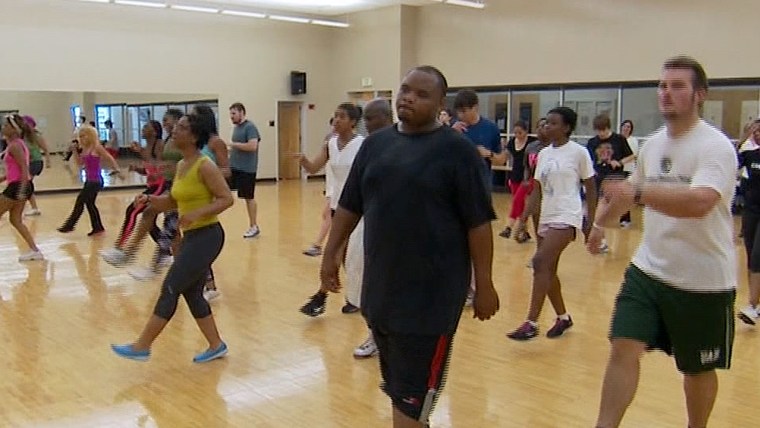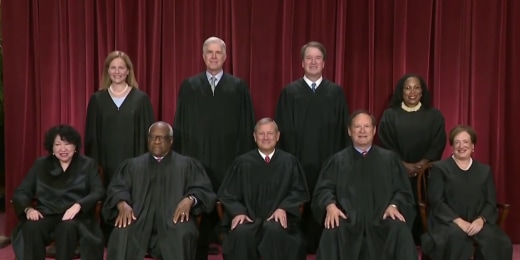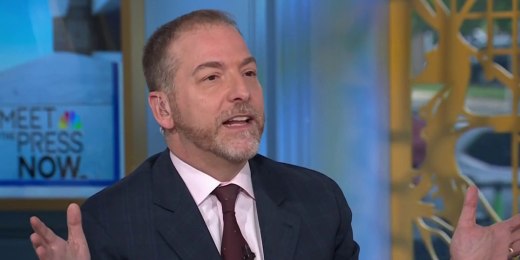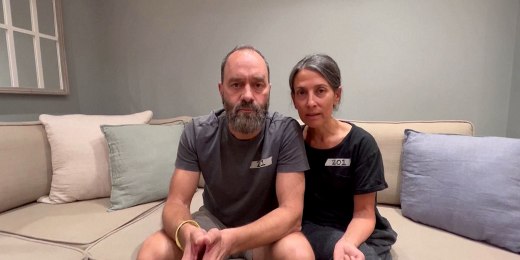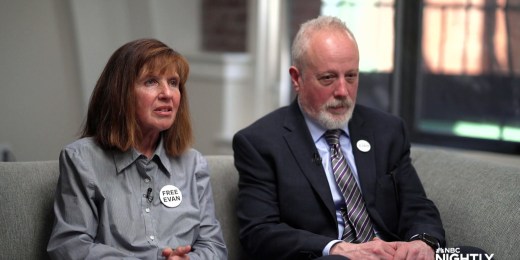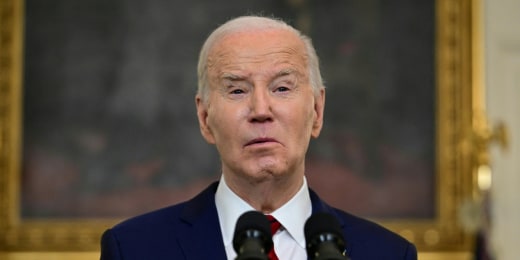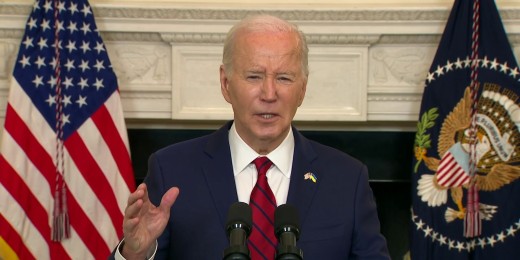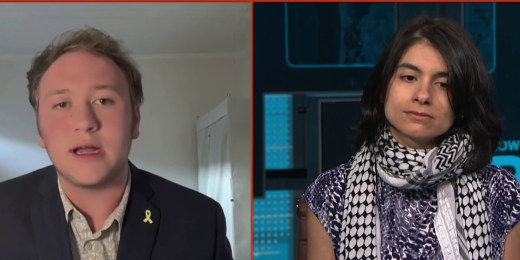IE 11 is not supported. For an optimal experience visit our site on another browser.
UP NEXT
Arizona state House votes to repeal Civil War-era abortion ban 04:06
Johnson calls for Columbia University president to ‘bring order to this chaos’ 11:50
Meet the Press NOW — April 24 49:45
What to expect from Supreme Court's presidential immunity arguments 05:09
Supreme Court ‘seems to be’ siding with Biden admin on Idaho abortion 04:40
What ‘telltale signs’ will indicate Israel’s military operation in Rafah? 01:45
Chuck Todd: How lower voter turnout could help Biden in November 01:57
‘It has to be stopped’: Netanyahu condemns U.S. college protests 01:15
Hersh Goldberg-Polin’s parents react to new Hamas hostage video 01:11
Parents of Evan Gershkovich speak out to mark the one-year anniversary of his arrest 06:39
Deathbed confession helps solve West Virginia cold case 03:16
United Methodist Church leaders to hold landmark meeting to discuss future 03:54
Brown University students join pro-Palestinian protests 01:19
Cameraman sues Megan Thee Stallion for harassment 02:18
Foreign aid passes: How the delay in funding affected Ukraine and Israel wars 04:03
Biden: Foreign aid package will 'make the world safer' 07:47
FDA finds fragments of the bird flu virus in pasteurized milk 02:41
Federal Trade Commission votes to ban most noncompete agreements 03:31
Columbia students representing Jewish and pro-Palestinian sides speak about protests 12:22
Pro-Palestinian protest grows at UC Berkeley campus 01:40
No interest in the gym? It may be genetic 02:14 Geneticist Molly Bray, who has isolated millions of DNA samples from thousands of subjects, found that people with one type of FTO sequence are more likely to keep exercising while those with a different type of sequence are more likely to give up. NBC’s Dr. Nancy Snyderman reports. May 9, 2013
Read More UP NEXT
Arizona state House votes to repeal Civil War-era abortion ban 04:06
Johnson calls for Columbia University president to ‘bring order to this chaos’ 11:50
Meet the Press NOW — April 24 49:45
What to expect from Supreme Court's presidential immunity arguments 05:09
Supreme Court ‘seems to be’ siding with Biden admin on Idaho abortion 04:40
What ‘telltale signs’ will indicate Israel’s military operation in Rafah? 01:45 